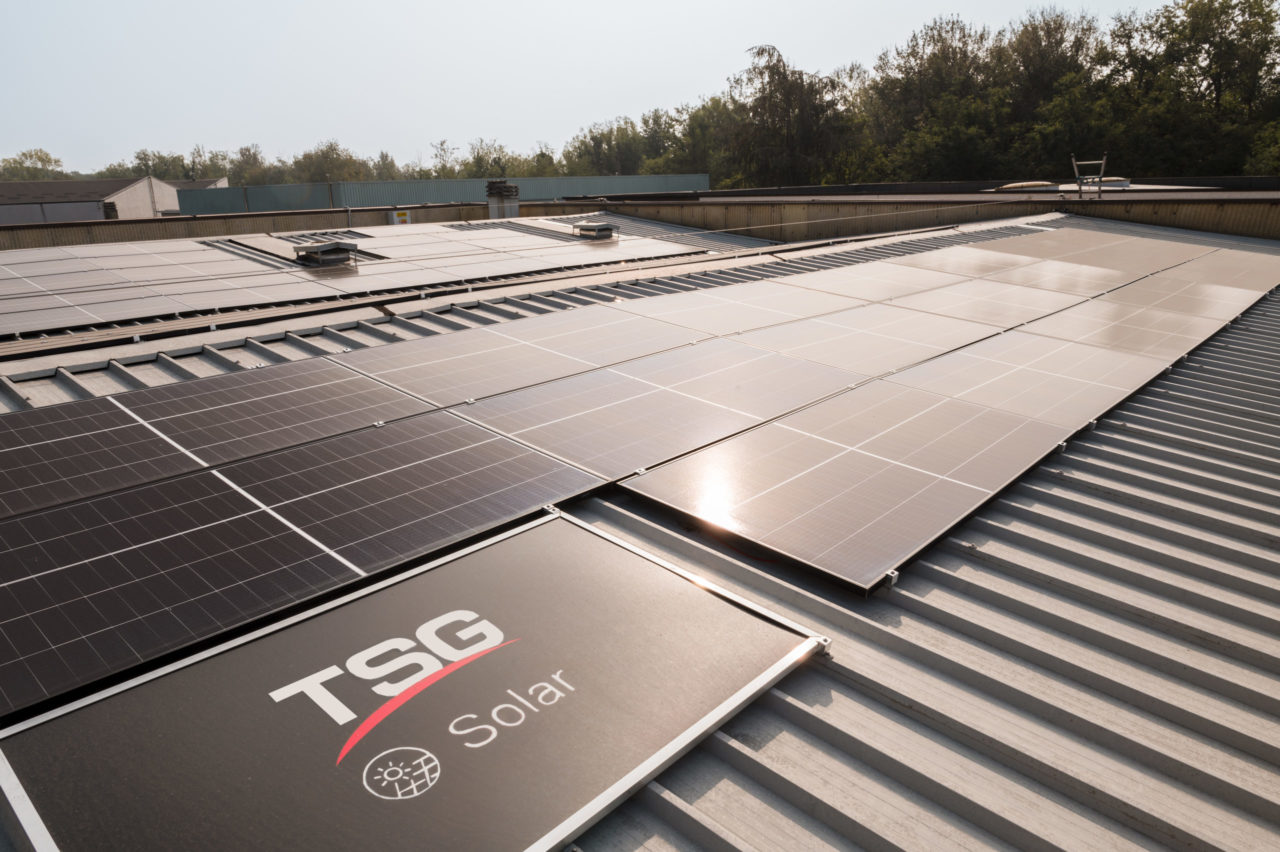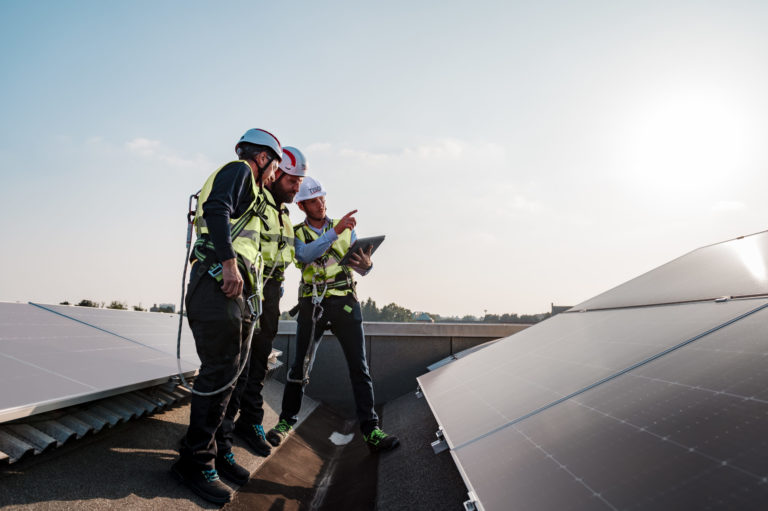The climate emergency has taken centre stage in the UK and companies are gradually moving away from feelgood green strategies, that achieve very little by way of tangible operational improvements, and embracing solar power.
Solar is one of the most affordable, efficient and popular zero-carbon electricity generation technologies. Enterprises such as leisure facilities, distribution centres, retail parks and business/industrial parks typically have extensive roof space, making them ideal candidates for solar photovoltaic (PV) installations.
Solar PV reduces a business’s electricity demand on the national grid, saves money, cuts carbon emissions and demonstrates the operation’s commitment to fighting climate change. This statement of responsibility is clearly visible to employees, customers, visitors and the local community and will undoubtedly raise the business profile.






